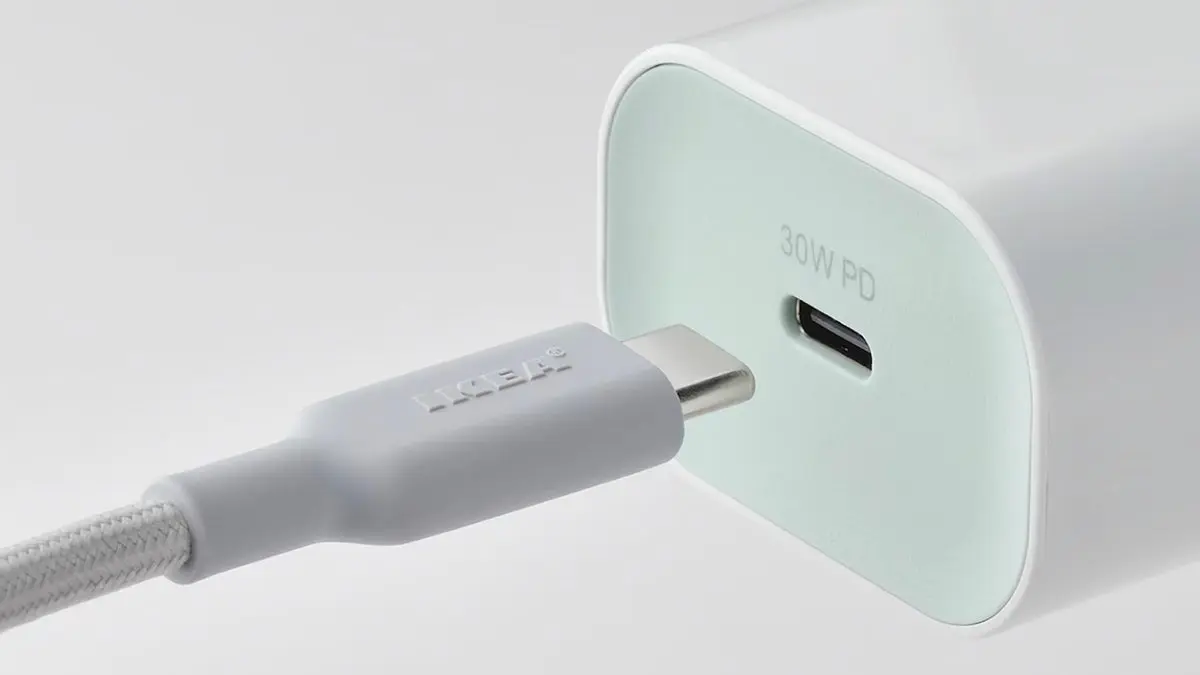

The built in GPU of any sem-modern Intel CPU can do that for you no problem. Probably even the older ones in those corporate computers. Just check for QuickSync support. If you want something seriously low wattage that can still do one or two 4K streams, get one of those mini PCs with an Intel N100 for cheap.



Yuuup. Ubisoft has some great titles, but their interference makes them not worthwhile.
No, I’m not installing your crappy bloated launcher. Get bent.